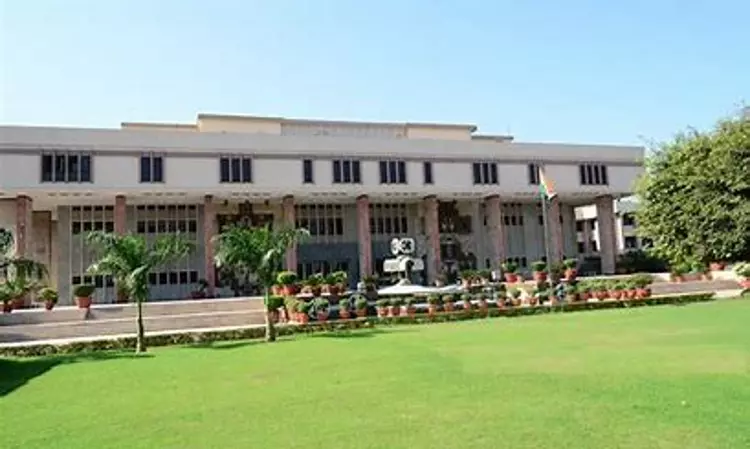The Delhi High Court bench of Justice Rajiv Shakdher and Justice Amit Bansal has held that a force majeure event specifically an Act of God beyond the control of the concerned party doesn't require retention of performance bank guarantee. The bench held that a party cannot retain monies recovered through encashment of Performance Bank Guarantee on account of liquidated damages...

